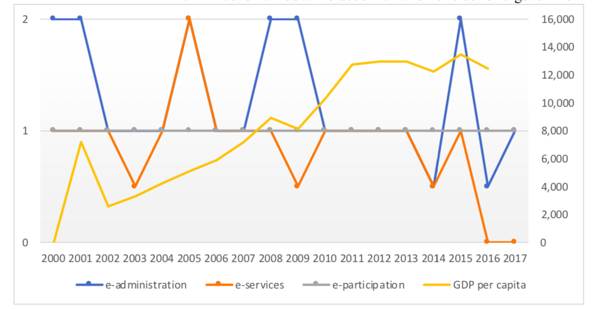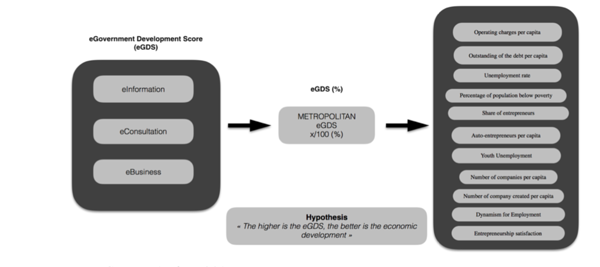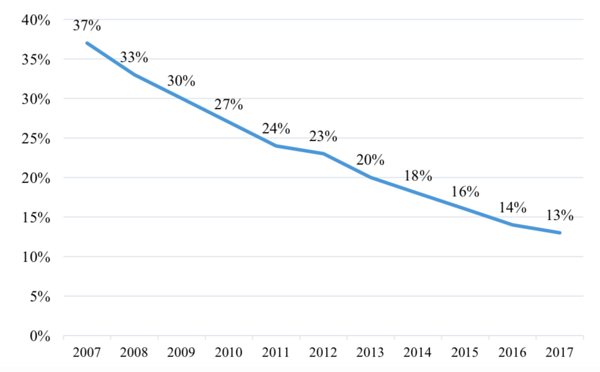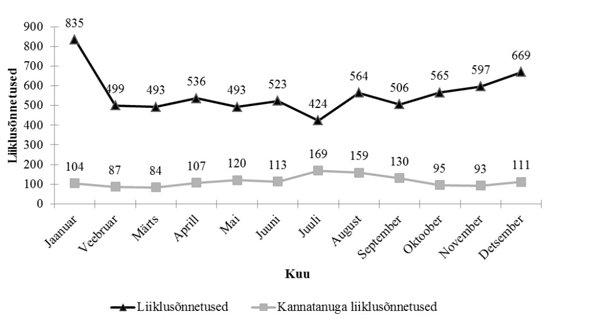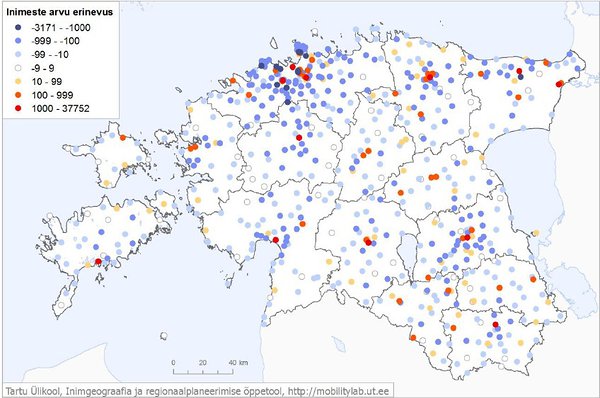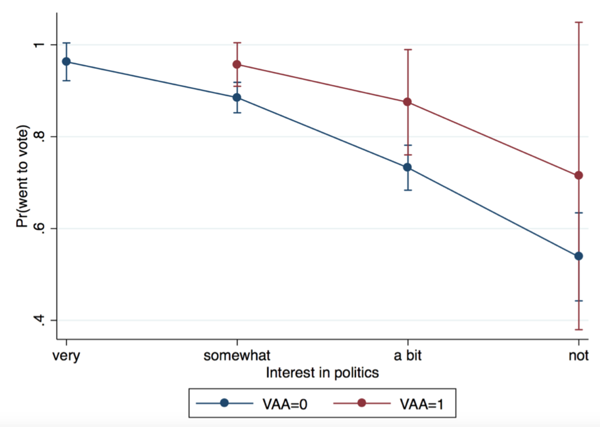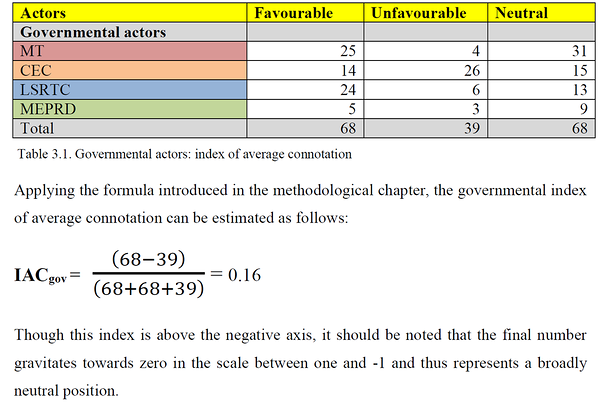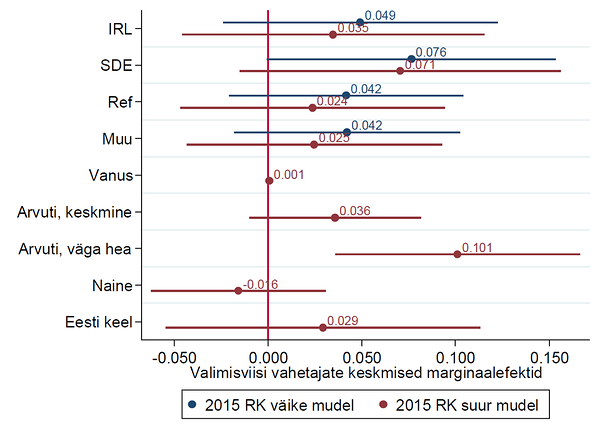Modern Democratic Freedom in the Digital Age: the Conditions and Prerequisites of Electronic Government (De-)centralization
This thesis discusses the process of administrative (de-)centralization of electronic government in 11 democratic federations. The research is comparative in nature and process-tracing was used as a primary data analysis method in order to identify the factors that led to the centralization or decentralization of the three electronic government areas.
Author: Mariia MaksimovaAssessing the web-portal type of eGovernment structures and measuring their socio-economic impact on the French Metropolitan Park
This research study aims at assessing the degree of eGovernment development in the French Metropolitan Park, by developing an eGovernment Development Score (eGDS) focused on web-portal analysis while contributing to the comprehension of the relation between the quality of eGovernment structures and the economic development based upon a set of pre-selected economic indicators.
Author: Kevin Chavanne
Analysis of usage of public sector e-services in the EU: case study of Estonia
The objective of Indrek Õnnik's MA thesis is to rely on statistical analysis in order to see if usage of public sector e-services can be elevated as certain capabilities of people are increased. These factors are digital skills, access, trust, awareness of control mechanisms and socio- demographic characteristics. The thesis will focus on public sector e-services and also evaluate the impact of transparency and control mechanisms to public sector e- services.
Author: Indrek Õnnik
Liiklusõnnetuse Riskide Prognoosimine Riiklike Vahendite Tõhusamaks Kasutamiseks
Kasutades läbimõeldumalt juba kogutud andmeid, võivad need pakkuda olulist lisaväärtust. Selleks uuriti käesolevas magistritöös, kuidas rasked ilmastikutingimused ja riiklikud pühad avaldavad mõju liiklusõnnetuste toimumisele eesmärgiga planeerida edaspidi tõhusamalt operatiivressursside tegevust ning seeläbi ennetada ohte ja vähendada liiklusõnnetuste tagajärjel tekkivat kahju.
Author: Ott Nauts
Füüsiliselt valimas käimise keerukuse mõju e-hääletanute osakaalule kohalike omavalitsuste volikogude 2009. ja 2013. aasta valimistel
Antud
magistritöö eesmärgiks on analüüsida e-hääletuse mehhanismi mõjusid võrreldes selleks statistilisi andmeid, mis illustreerivad füüsiliselt valimas käimise keerukust ja e-hääletuse osakaalu omavalitsuste tasandil 2009. ja 2013. aasta kohalike omavalitsuste volikogude valimisel.
Author: Asso Nettan, 2015
The Effect Of Voting Advice Applications On Estonian Voters’ Voting Behaviour
The aim of Pille Ivask's master thesis is to contribute to the investigation of VAAs and have a look at their impact on Estonian voters’ voting behaviour. The author proposes three questions in the thesis: how do VAAs influence voting turnout, how do they change voter’s choice set, and finally, if VAAs have any effect on final vote choice.
Casting Votes Digitally: Examining the Latvian National Position on Internet Voting
In this MA thesis Anna Beitane examines the Latvian stance on introducing remote internet voting.E-valimiste poliitiline kallutatus. Riigkogu valimised 2007, 2011 ja 2015
In this MA thesis (in Estonian with English abstract) Kerli Zirk examines if Estonian electronic voting is politically neutral.

